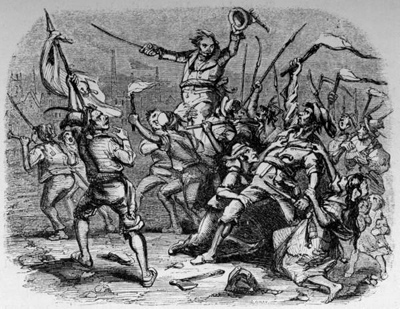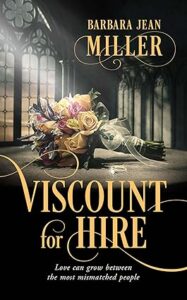The recent local debates about Occupy movement and random acts of anarchy that sometimes follow protest got me thinking…
About the Regency, of course!
 I love the Regency primarily because of my deep love for the urban form and all of its social implications. And because, on the cusp of the Industrial Revolution, it transformed culture and society as we know it. Technologic advancements were occuring at a rapid pace (which may seem sluggish to our contemporary gadget-a-day lifestyle) and altering the landscape (both literally and figuratively). Technology is interesting, because its often a double edge sword. It improves our lives, yet often has costs.
I love the Regency primarily because of my deep love for the urban form and all of its social implications. And because, on the cusp of the Industrial Revolution, it transformed culture and society as we know it. Technologic advancements were occuring at a rapid pace (which may seem sluggish to our contemporary gadget-a-day lifestyle) and altering the landscape (both literally and figuratively). Technology is interesting, because its often a double edge sword. It improves our lives, yet often has costs.
At the turn of tide from Georgian rule to Regency, this two blade was stabbing its way through the countryside and the towns.
And out of Sherwood Forest, like Robin Hood before him, King Ludd (sometimes General Ned Ludd) became the fictious character leading the charge of textile artisans (the Army of Redressers) from Nottinghamshire to Yorkshire raging against the machine.

The textile industry was sent into rapid fire with the invention of the power loom. Hand weavers were finding themselves replaced by mechanized looms able to crank out fabrics in record times. Eventually giving birth to the ready made fashion industry (as well as home linens, etc), the power looms took the work of skilled labors in localized economies to the grand scale floor of the factory.

The Luddites protested, often smashing the machines after breaking in to facilities. They wrote threatening letters, beat up business owners, and in general created such an uprising that the British Army was employed to defend power looms and their owners from attack during a mid to north England epidemic that began in 1811 and continued into 1812. In 1812 a mass trial was held in York, the result being executions and transportations.
Luddite’s now are associated with anti-technology beliefs or zeitgeist.
There are lots of wonderful books available about Luddites if the topic appeals. In any case, I hope you too remember, when listening to news on the Occupy movement, that we are lucky to live in a culture where protest isn’t punished by execution and people still give voice to concerns that influence and impact their lives.












And the fear of the Luddites by Parliament led ultimately too to the Peterloo Massacre in [if I recall correctly] 1818 which had more to do with poverty and the Corn Laws, but by that time the establishment had the wind up so bad that were afraid that any civil disturbance would lead to revolution.
The Regency period, though different in so many ways, repeatedly reminds me of our own day. When I began reading your post, one of the first things I thought of were today’s protests around the country.
Pingback: Regency Crime and Punishment: The Bow Street Runners « Regency Reader